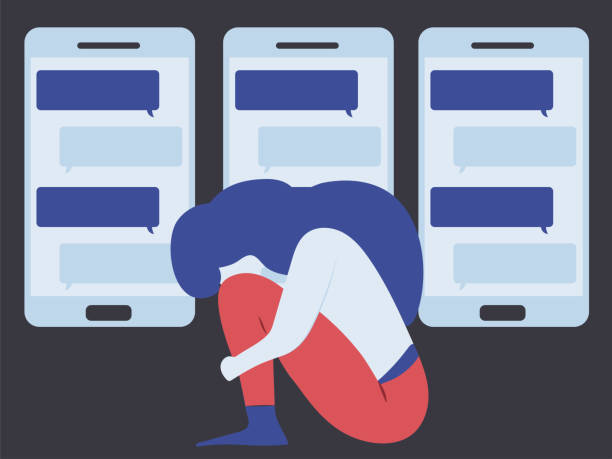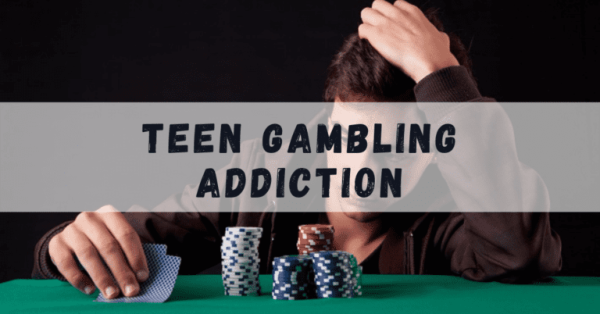Despite Growing Awareness, Cyberbullying Still a Concern
Conceptual illustration for cyber bullying, gossiping; aspersion, defamation, slander, libel, slur, detraction, on female girl and teen
In the era of mass media that is occurring today, both positive and negative consequences arise. While technology does allow for tremendous improvement in way of life, it can also cause serious harm for many.
The increase in forms of technology that has been happening throughout the 21st century has led to a form of networking that most people use daily: social media. From Facebook to Twitter to Instagram, members of all generations are signing up to put their lives on the Internet for others to see and explore. This is of course most common with teenagers, and while many believe that posting to these social media sites is a harmless measure, there are also many out there who disagree.
As social media becomes more prevalent in the daily lives of teens and preteens, a significant increase in bullying has been recorded. People often fall under the assumption that commenting on another’s post is an act that shouldn’t be taken seriously, even if the content is blatantly hurtful, leading to a tremendous number of cyber bullying incidents.
Nearly 73 percent of high school social media users admit that they have felt bullied online, and while many are able to blow off one comment or two, others viciously struggle to move past a negative comment read online.
An implication of cyber bullying that is much more common than most believe is suicidal thoughts and/or actions. No one ever knows how a friend or acquaintance is truly feeling at all times, and it may take just one cruel comment to be the driving force that deepens a person’s depression that may result in a terrible outcome.
As parents and other adults always stress, what one writes online stays there forever, and for someone who is a victim of bullying, those hurtful words can be read over and over until it seems as though there is now way to escape the pain being felt. While social media networks typically have a way to report a negative comment and can be taken down from someone’s post, this doesn’t always work, and the comment may be stuck forever.
Numerous studies have shown that those between the ages of 12-19 are two to nine times more likely to attempt suicide than those facing depression for unrelated reasons. With nearly 4,400 suicide-caused deaths every year as reported by the CDC, that increase is astronomical.
While most people may only know one or two instances in which they have heard of someone committing suicide because of bullying done online, those stories add up and the devastating realization that more and more teens are committing suicide begins to emerge.
As the conversation of teenage suicide has been more widely integrated into schools and homes, more people are aware of the signs to look out for to determine if a child is becoming depressed or spiraling downward. Organizations such as the Anti-Defamation League warn parents, teachers, and friends to seek help if they notice someone withdrawing from friends or family, becoming irritable after cellphone usage, showing noticable signs of sadness that seem unexplained.
It is often the case that teenagers decide not to tell anyone close to them that they are experiencing feelings of depression and hope to fight their battle alone, which only makes matters worse. Researchers have found that this is even more true for victims of cyber bullying as they feel as though a hateful comment isn’t important enough to share with others. The truth of the matter is, nearly one in three younger people has experienced cyber bullying at some point in their life, and with social media becoming more and more of a staple in a teenager’s life, this number is likely to rise.
It is of utmost importance that schools and parents discuss just how harmful cyber bullying can be so that teenagers truly understand the power of their actions. As this message continues to spread, students will hopefully begin to realize that cyberbullying is just as painful as any other form of bullying, and teenagers are losing their lives because of it.











